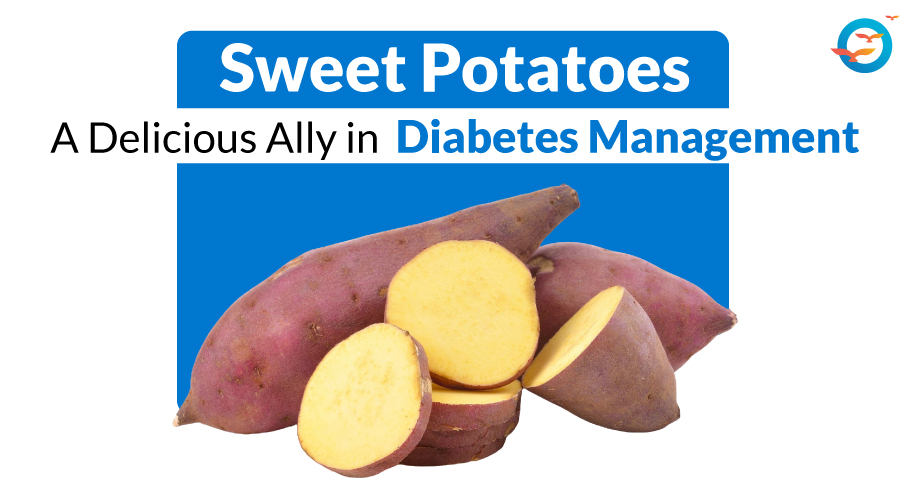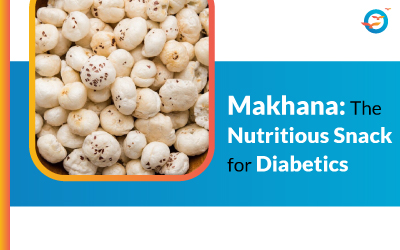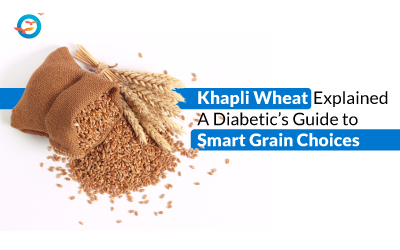Is Sweet Potato Good for Diabetes?

Understanding Diabetes and Diet
Diabetes is a chronic condition that affects how the body processes glucose, making it crucial for individuals to carefully manage their diet to maintain stable blood sugar levels.
The right food choices can help prevent complications, control weight, and improve overall health, emphasizing the importance of a balanced and informed approach to nutrition.
The Importance of Glycemic Load and Glycemic Index
Diabetics should choose foods after understanding glycemic load (GL) and glycemic index (GI) because these measures provide crucial insights into how different foods affect blood sugar levels.
The glycemic index ranks foods based on how quickly they raise blood glucose, while glycemic load takes into account the quantity of carbohydrates in a serving, offering a more comprehensive view of a food's impact on blood sugar.
By selecting foods with low GI and GL, individuals with diabetes can better manage their blood sugar levels, reduce the risk of spikes and crashes, and promote overall metabolic health, leading to improved long-term outcomes.
Sweet Potato: A Nutritional Overview
Sweet potato is a starchy root vegetable known for its sweet flavor and vibrant orange or purple flesh, making it a popular ingredient in various cuisines.
There are several types of sweet potatoes, including the orange-fleshed varieties, which are rich in beta-carotene, and the purple-fleshed types, known for their antioxidant properties, as well as white and yellow-fleshed varieties.
Can Sweet Potatoes Increase Blood Sugar?
The glycemic index of sweet potato varies depending on the cooking method, but it generally ranges from 44 to 94, with boiled sweet potatoes having a lower GI compared to baked ones, making them a healthier option for those managing blood sugar levels.
Cooking Methods and Their Impact on Glycemic Index
Various cooking methods significantly influence the glycemic index (GI) of sweet potatoes, affecting how quickly they raise blood sugar levels. Boiling sweet potatoes tends to result in a lower GI, as this method helps retain moisture and nutrients while breaking down starches more gradually, leading to a slower release of glucose.
In contrast, roasting sweet potatoes can increase their GI due to the caramelization of sugars and the concentration of starches, which can cause a quicker spike in blood sugar.
Frying sweet potatoes, especially when using unhealthy oils, can further elevate their GI and add excess calories, making it a less favorable option for those managing diabetes.
Therefore, choosing the right cooking method is essential for optimizing the health benefits of sweet potatoes while keeping blood sugar levels in check.
Incorporating Sweet Potato into a Diabetic Diet
For a diabetic, incorporating sweet potato into meals requires careful consideration of the glycemic load and overall calorie content to maintain stable blood sugar levels.
It’s essential to assess the portion size of sweet potato, as even though it offers nutritional benefits, consuming it in excess can lead to elevated blood sugar.
A smart approach is to include a moderate quantity, such as half a medium-sized sweet potato, while balancing the meal with low-GI foods like leafy greens, lean proteins, and healthy fats.
This combination not only helps to lower the overall glycemic load of the meal but also ensures that the total caloric intake remains within a healthy range, supporting effective diabetes management and overall well-being.
FAQs:
1. Is sweet potato safe for people with diabetes?
Yes, sweet potatoes are generally safe for people with diabetes when consumed in moderation.
2. What is the glycemic index of sweet potatoes?
The glycemic index (GI) of sweet potatoes ranges from 44 to 94, depending on the cooking method, with boiled sweet potatoes being lower on the scale.
3. Can I eat sweet potatoes daily if I have diabetes?
Yes, you can eat sweet potatoes daily, but portion control is important.
4. How much sweet potato can I eat if I have diabetes?
A typical serving size is about ½ to 1 cup of cooked sweet potato, depending on individual dietary needs.
5. Can sweet potatoes help with weight management in diabetes?
Yes, sweet potatoes can aid in weight management due to their high fiber content, which promotes satiety.

